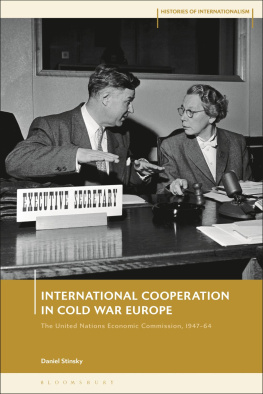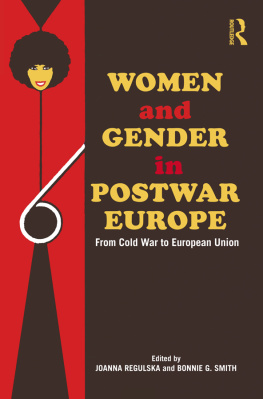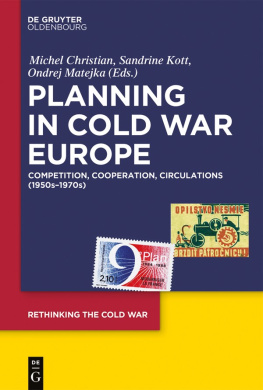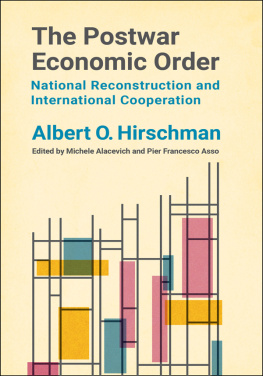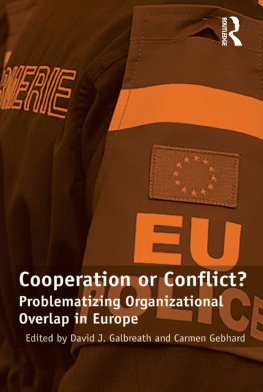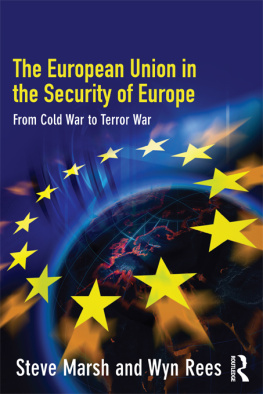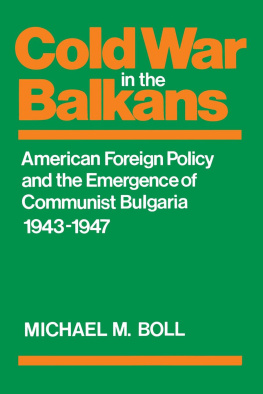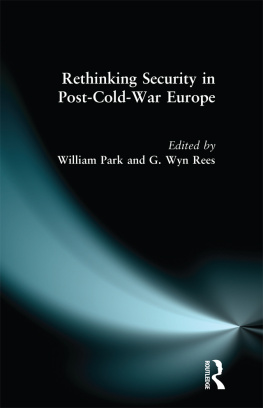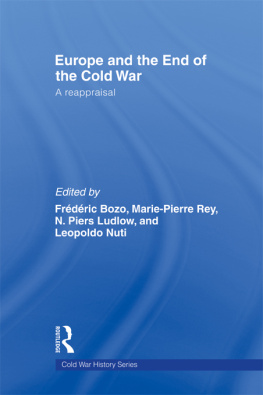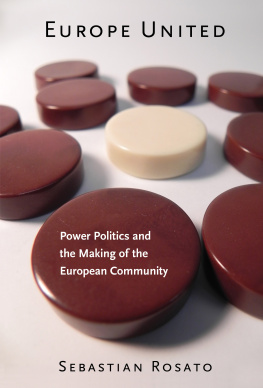Daniel Stinsky - International Cooperation in Cold War Europe: The United Nations Economic Commission for Europe, 1947-64
Here you can read online Daniel Stinsky - International Cooperation in Cold War Europe: The United Nations Economic Commission for Europe, 1947-64 full text of the book (entire story) in english for free. Download pdf and epub, get meaning, cover and reviews about this ebook. City: London, year: 2021, publisher: Bloomsbury Academic, genre: History. Description of the work, (preface) as well as reviews are available. Best literature library LitArk.com created for fans of good reading and offers a wide selection of genres:
Romance novel
Science fiction
Adventure
Detective
Science
History
Home and family
Prose
Art
Politics
Computer
Non-fiction
Religion
Business
Children
Humor
Choose a favorite category and find really read worthwhile books. Enjoy immersion in the world of imagination, feel the emotions of the characters or learn something new for yourself, make an fascinating discovery.
- Book:International Cooperation in Cold War Europe: The United Nations Economic Commission for Europe, 1947-64
- Author:
- Publisher:Bloomsbury Academic
- Genre:
- Year:2021
- City:London
- Rating:4 / 5
- Favourites:Add to favourites
- Your mark:
International Cooperation in Cold War Europe: The United Nations Economic Commission for Europe, 1947-64: summary, description and annotation
We offer to read an annotation, description, summary or preface (depends on what the author of the book "International Cooperation in Cold War Europe: The United Nations Economic Commission for Europe, 1947-64" wrote himself). If you haven't found the necessary information about the book — write in the comments, we will try to find it.
Formed in 1947, the United Nations Economic Commission for Europe (UNECE) was the first postwar international organization dedicated to cooperation in Europe along the boundaries set by the Cold War. Linking the universalism of the UN to European regionalism, both Cold War superpowers, the USA and the Soviet Union, were founding members of the UNECE. This book provides a unique study of this important but hitherto under-researched international organization. Incorporating research on the Cold War, the history of internationalism and European integration, Stinsky weaves these different threads of historical enquiry into a single analytical narrative.
Building on the League of Nations difficult heritage, and in an increasingly challenging political environment, the UNECEs mission was to facilitate European cooperation across the Iron Curtain. With a number of competitor organizations set against it, the UNECE managed to carve out a niche for itself, setting norms and standards that still have an impact on the everyday lives of millions in Europe and beyond today. Working against an overwhelming geopolitical trend, UNECE succeeded in bridging the Cold War divide on several occasions, and maintained a broad system of contacts across the Iron Curtain.
Daniel Stinsky: author's other books
Who wrote International Cooperation in Cold War Europe: The United Nations Economic Commission for Europe, 1947-64? Find out the surname, the name of the author of the book and a list of all author's works by series.

